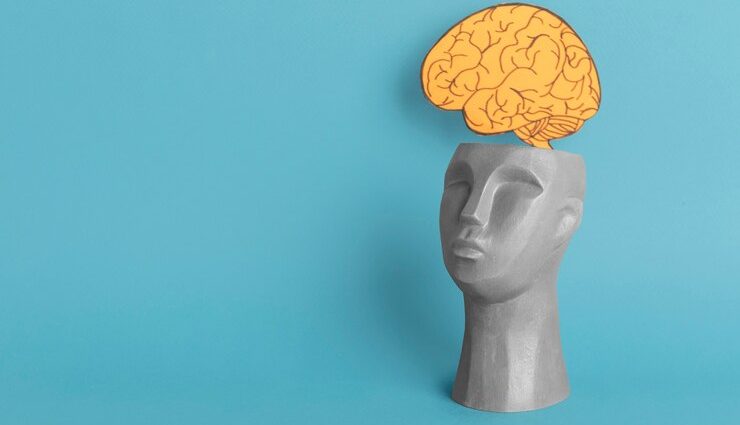Memory betrays us. Its content, our memories, are far from being a faithful recreation of reality. When we say something, we do it differently each time. In fact, in forensic psychology, witnesses are asked not to tell anyone the facts, in an attempt not to contaminate their memories. It is curious how our mind works, and in particular, the memory of witnesses. Can we remember something that did not happen?
Witness memory is the set of knowledge and research that seeks to establish the quality of the testimonies given by eyewitnesses. Many authors have made contributions to this field, which is as little known as it is relevant in the judicial and forensic fields.
Reconstructive Hypothesis
Elisabeth Loftus, a mathematician, and psychologist specializing in this field, claims that memory can be manipulated and that it is, therefore, possible to “introduce” false memories using suggestion. In particular, she believes that the memory of witnesses is reconstructive. Why?
When someone witnesses an event, they store two types of information. On the one hand, the information they have obtained while witnessing the event, and on the other, the information they have been given afterward. Both are integrated, giving rise to the phenomenon of reconstruction. The person may remember details of the event that they have not seen, and conversely, they may have forgotten other details that they did perceive.
“Why do these reconstructed memories occur? Because the brain abhors a vacuum.”
-Scott Fraser-
Key factors in the accuracy of a witness’s memory
When a person witnesses a crime or a crime, several factors must be taken into account. The variability of these factors determines whether a memory is considered more or less accurate and, therefore, more or less valid.
Suspicious testimony
Normally, a person only manages to record 20% of what he sees. And, in the case of witnesses of an event, this percentage decreases even more. Because they do not expect the event to happen and because of its brevity.
In addition, at such times, the effect known as “change blindness” occurs: we are unable to appreciate the changes that occur in a person’s environment. This happens because we do not pay attention to them; even if it is something relevant, we do not notice the details, but rather we focus on the bulk (robbery, robbery, gun…). And we make errors of judgment that are often key in the memory of witnesses.
Previous expectations
Numerous studies claim that what we remember is not limited to what we have experienced directly, but that we also memorize our expectations. That is the knowledge and content that we have acquired from other previous experiences related to the event (Bransford & Franks, 1971).
This memory of what we expected to see is well explained by Bartlett with his reconstructive memory. In his research, he showed that the reproductions made by readers of his famous story The War of the Ghosts altered the original version. These distortions referred to excessive simplification, omission of details, and substitution of these for others specific to the subject.
Trick questions
Witnesses can alter the nature of their memories because of what happens after they have observed the crime. The questions asked of witnesses greatly influence what they remember. As a “consolation,” studies tell us that usually, these distortions affect peripheral or minor details, so they do not influence the consequences of the testimony as much.
Individual differences
In the analysis of eyewitness memory, it has been found that children and the elderly are more vulnerable to distortions. Children are less accurate, while the elderly are more convinced of THEIR truth. That is, they are more confident in the veracity of their false memories.
There is also a bias due to the witness’s age. When identifying a culprit, the smaller the difference in age between the alleged culprit and the witness, the more accurate the identification.
Witness Confidence
In general, the confidence that a witness displays in identifying the culprit is not a good predictor of the accuracy of what the witness says. No amount of detail, emotion, or persuasiveness is generally synonymous with truthfulness.
Situational factors
In general, average levels of activation are the most suitable for remembering accurately. If the subject has peaks of anxiety or stress, the ability to remember is reduced.
Likewise, the memory of witnesses confirms that a violent event is recorded more strongly than a non-violent one. The effect of weapon focus is particularly curious. Witnesses pay so much attention to the aggressor’s weapon that their attentional field is reduced to it, ignoring other details. Violence causes witnesses to have a better memory of the central experience (gun) and less of the peripheral ones.
Thus, on many occasions, we manifest blind faith in our ability to perceive everything that happens around us. However, many of those times we are unable to detect all the changes in our environment. Therefore, our memories are fragile and the memory of witnesses bears witness to this.
